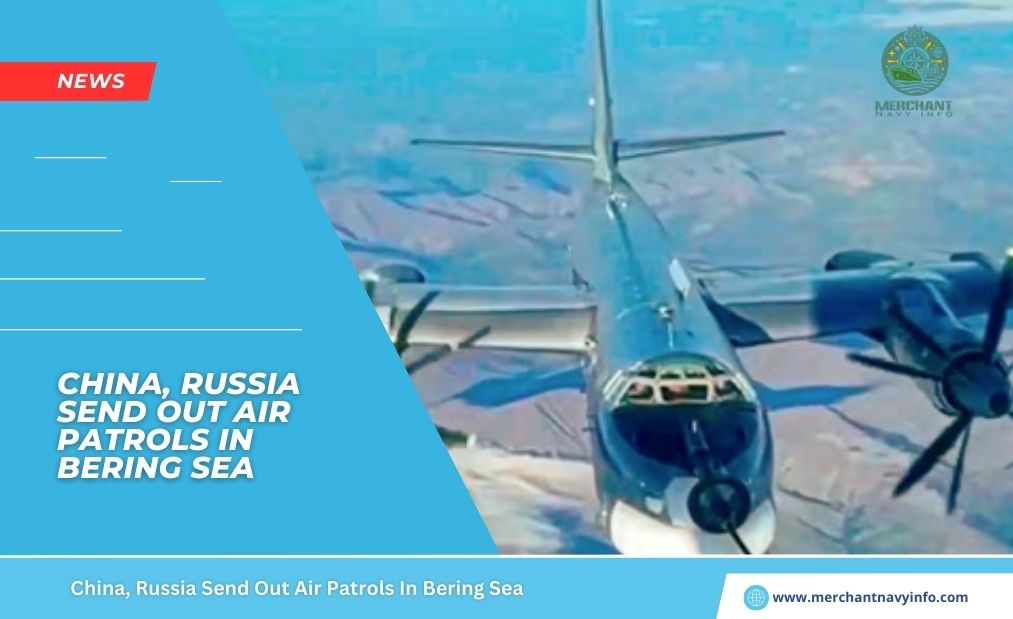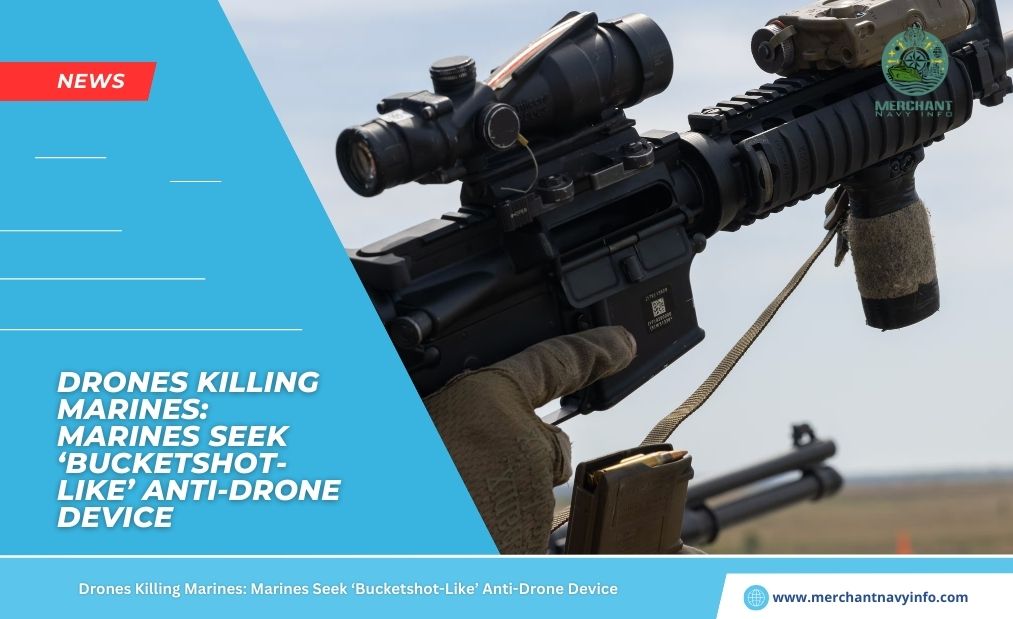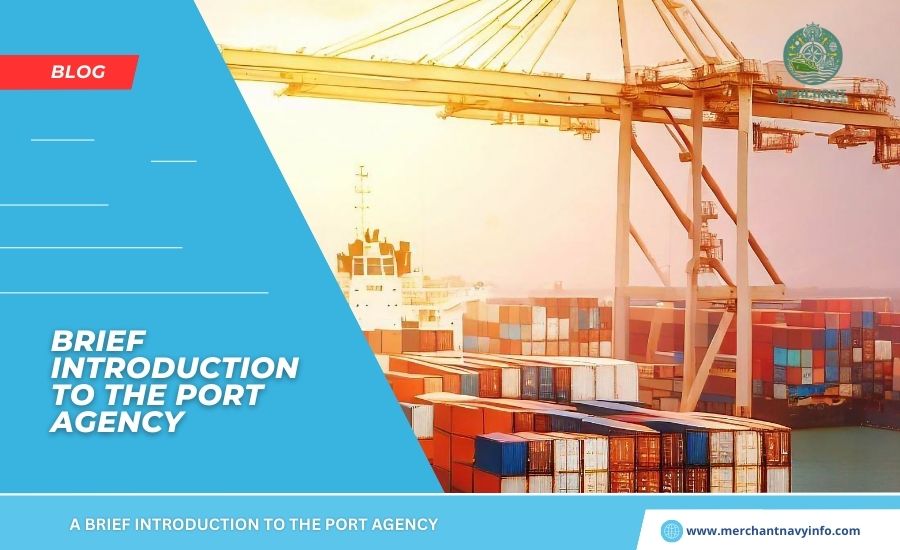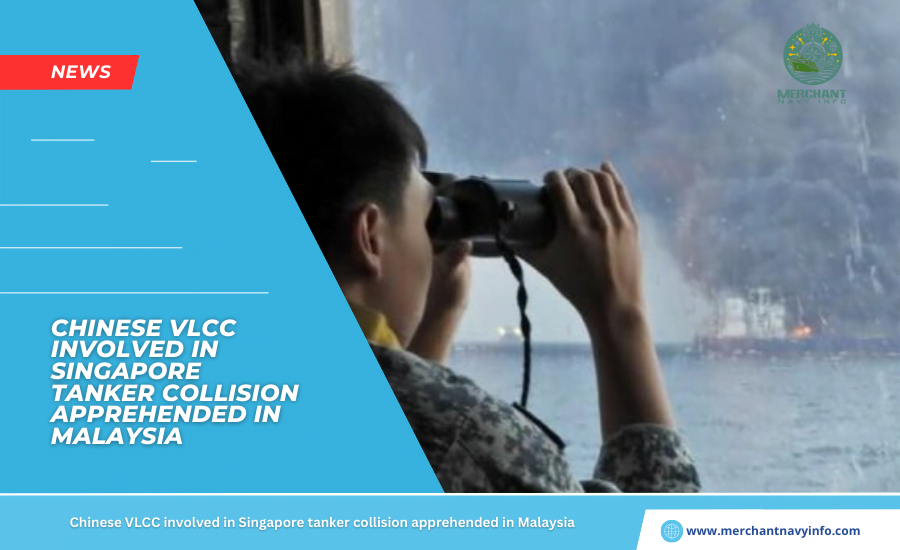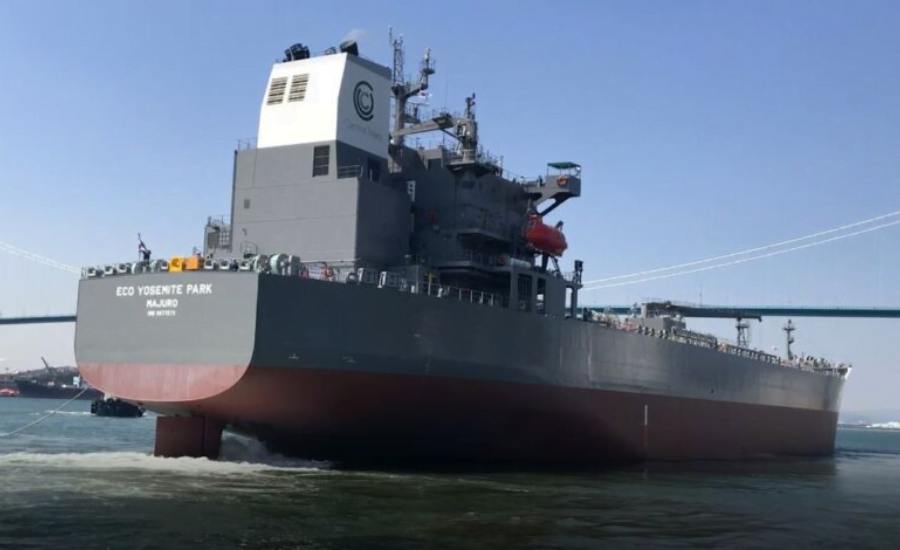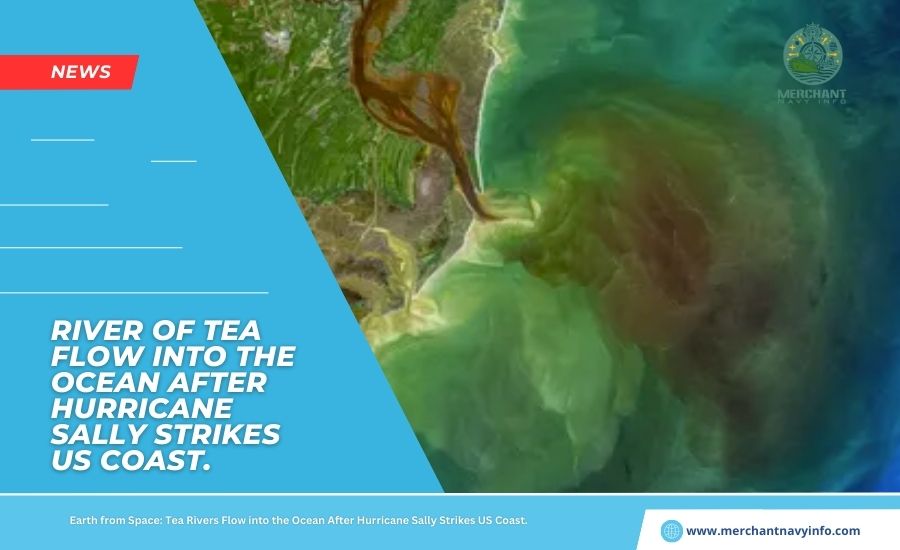
Cadet officer journey is a long journey that basically starts whenever you decide to stay motivated and fixated on the cadet officer journey. Being an officer cadet is tough, here are the necessary procedures to follow.
Educational Qualifications
To be promoted from officer cadet to captain in the Pakistan Merchant Navy, aspirants must meet minimum educational requirements. Typically, the cadet officer journey begins in Maritime Universities in Pakistan requiring completion of an Intermediate Degree (HSC) with an emphasis in Physics, Chemistry and Mathematics.
Join a Maritime Academy
Choosing the right academy is of utmost importance. Pakistan Maritime Academy (PMA) is the premier institution for training commercial naval officers. Aspiring candidates may also consider other reputed institutes such as Bahria University, Karachi, and the Institute of Marine Training.
Cadet Training Program
The officer Cadet Training Program is the fundamental stage in the development of an individual into a competent maritime professional.
Basic Training
This first stage of cadet officer journey includes rigorous physical training, swimming, and the development of basic firefighting and first aid skills. The emphasis is on instilling discipline and developing a mindset that is useful for maritime challenges.
Academic Courses
Officer Cadets take a wide range of academic courses in the areas of navigation, meteorology, maritime law, ship stability, and cargo operations. Theoretical knowledge is the basis for building practical skills.
Sea Time
After completing basic training and academic courses, officer cadets proceed to the practical phase, Sea Time. This period typically lasts between 12 and 18 months and is spent aboard a merchant vessel, gaining practical experience in real-world maritime operations.
STCW Certification
Compliance with international standards is very important. Officer Cadets complete a variety of courses required by the Standards of Training, Certification and Watchkeeping for Seafarers (STCW) Convention.
STCW Courses
Cadet officer journey completes courses such as basic safety training, fire prevention and suppression, personal survival techniques, and basic first aid. Additional courses such as Medical First Aid and Advanced Fire Fighting are requirements for higher-level positions.
Examinations and Licenses
The highlight of cadet training is the rigorous examination conducted by Pakistan Ports and Shipping Directorate General.
Proficiency Tests
Officers Cadets must pass a written, oral, and practical examination to receive the Certificate of Proficiency (COC) required for advancement in their naval careers.
Advancement through the ranks
As cadets transition into the world of work, their roles evolve, and they advance through the ranks.
Gain experience
Cadets start as third officers or junior engineers and gain valuable experience in a navigational or engineering role.
Upgrade Exam
After completing the required sea service, cadets can take an exam to advance to higher ranks, such as second officer or third engineer.
Training

Diversification of skills is very important. Cadets complete specialized courses tailored to their chosen career path.
Specialized Courses
courses, such as Dynamic Positioning (DP) Training and Advanced Oil Tanker Operations, can help you expand your expertise and expand your professional role opportunities.
Navigator or Engineer Officer
As experience increases, cadets face the important decision of whether to pursue a career as a navigator (deck officer) or as an engineer officer.
Preparing for the Captaincy
The ultimate goal for many people is to earn the Captaincy, but this requires careful preparation and experience.
Meeting the Requirements
Accumulating the required voyage time (usually several years) and meeting other requirements form the basis of Mastership.
Leadership Skills
Leadership, effective decision-making, and crisis management skills are developed as cadets prepare for the responsibilities of a captain.
Captain’s Chair
The highlight of a seafaring career is earning the rank of captain or captain.
Master’s Exam
Depending on the career path you choose, passing the exam to become a Master or Chief Engineer is an important milestone.
Continuing Professional Development
The maritime industry is dynamic and requires professionals to keep abreast of advances.
Stay informed
By attending seminars, workshops and refresher courses, you can continually learn and stay up to date with the latest maritime technology, safety standards and regulations.
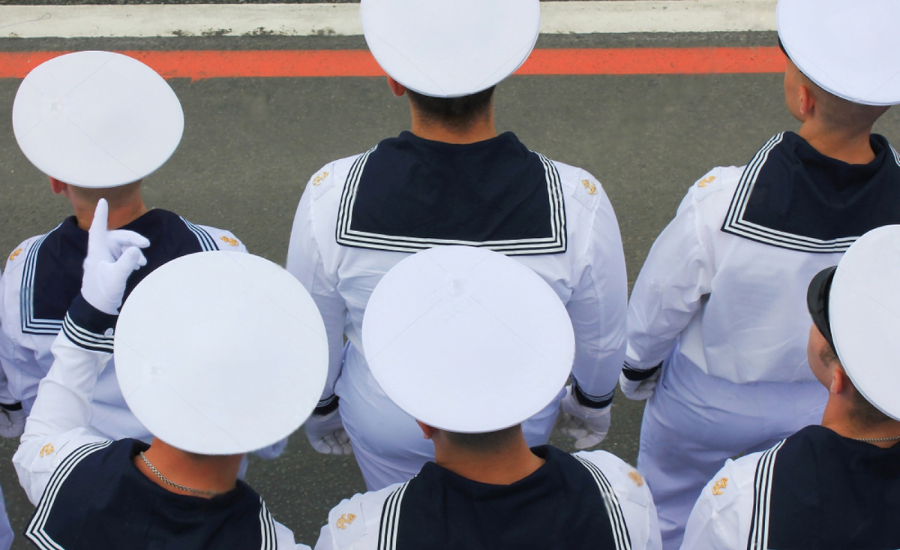
Networking and Opportunities
Building a strong professional network and exploring diverse opportunities is an important part of career advancement.
Networking
Active participation in industry events, conferences, and online platforms fosters connections with professional colleagues and expands opportunities for collaboration and career growth.
Explore Opportunities
By staying alert to job opportunities, individuals can consider different career paths and potentially pursue positions in ship management, maritime management, or consulting.
Regulatory Compliance
Compliance with national and international maritime regulations is non-negotiable for a successful maritime career.
Maintaining Compliance
Ensuring that ships comply with International Maritime Organization (IMO) regulations and other safety standards is an ongoing responsibility.
Retirement Planning
As seafarers approach the peak of their careers, planning for retirement and a possible transition to land-based activities becomes essential.
Retirement Planning
Explore options such as maritime training, consulting and port management to ensure a smooth transition to the next stage of your life.
Conclusion
The journey from officer cadetin the Pakistan Merchant Navy is a comprehensive process that requires dedication, continuous learning, and a commitment to safety and compliance. Each stage of this journey contributes to the development of competent and experienced maritime professionals who can accurately and responsibly address the challenges of the open sea and command ships.


